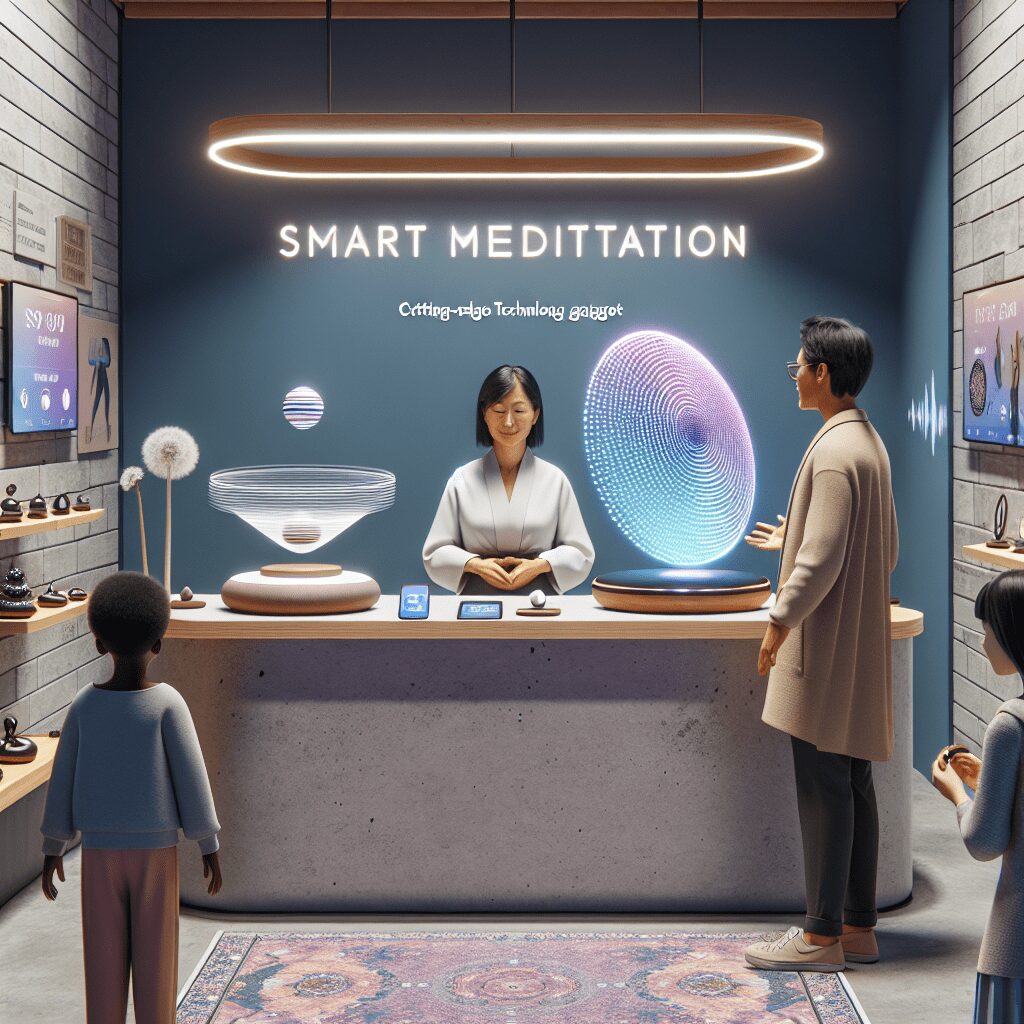
Prioritize your mental well-being daily. Enhance your life by nurturing your mental health with the Smart Meditation app. Break free from stress, alleviate anxiety, and enhance your sleep quality starting today.
Is Alcohol A Antidepressant?
Unraveling the Myth: Is Alcohol a Friend or Foe in the Battle With Blues?
In the labyrinth of mental health remedies and quick fixes, alcohol often emerges as a deceptive knight, promising immediate relief but leading, more often than not, to a maze of further despair. So, let’s cut through the haze: does alcohol truly serve as an antidepressant, or is this notion simply a castle built on sand?
The Short-Lived Euphoria and The Long-Term Gloom
First off, it’s crucial to recognize that alcohol does have a temporary impact on mood. It functions as a CNS (Central Nervous System) depressant, which, paradoxically, can induce a short-term uplift in spirits. This is due to its initial suppressive effects on the brain’s inhibitions, which can make you feel like you’re on cloud nine, at least for a fleeting moment. However, it’s a slippery slope.
Diving deeper, alcohol alters the balance of neurotransmitters in the brain. Neurotransmitters are the brain’s chemical messengers, and when their balance is disturbed, so too is our emotional and psychological well-being. Alcohol might offer a brief hiatus from sadness or anxiety, but it’s a Band-Aid solution that fails to address the root cause of these feelings.
Moreover, as the fleeting euphoria fades, the aftermath can be a stark contrast. Individuals may find themselves trapped in a vicious cycle where the brain starts demanding more alcohol to recapture the initial ‘high’. This can quickly spiral into dependency. And let’s not forget the hangover – nature’s receipt for borrowing happiness from the future, which often brings its side-kicks: heightened anxiety and depression.
Hitching Your Wagon to a Misguided Star: Debunking Alcohol as a Remedy
It’s time to debunk the notion that alcohol is an appropriate self-medication strategy for dealing with mental health issues. Here’s the kicker: regular consumption of alcohol can actually exacerbate symptoms of depression and anxiety. It’s akin to throwing gasoline on a fire you’re trying to extinguish.
-
Disrupted Sleep Patterns: While a nightcap can hasten your journey to dreamland, alcohol actually hampers the quality of sleep, leading to a less restorative rest. Sleep is essential for emotional and mental health, and without it, the cycle of depression can intensify.
-
Worsened Mood: The more alcohol consumed, the greater the impact on the body’s stress axes. This often leaves individuals feeling more stressed and anxious than if they had eschewed the drink.
-
Dependency Dilemma: Alcohol might seem like a loyal companion in the quest for tranquility, but it’s a fair-weather friend at best. Dependency not only wreaks havoc on physical health but also deepens the psychological distress it promises to alleviate.
So, when asked if alcohol is an antidepressant, the answer is a resounding no. While it may don a disguise as a mood lifter, beneath the mask lies a host of problems waiting to pounce.
Navigating Out of the Quagmire
For those navigating the murky waters of depression, professional guidance is the North Star. Healthcare providers can offer evidence-based treatments that address both the symptoms and the underlying issues. This might include therapy, medication, or lifestyle changes that foster genuine, long-lasting recovery.
In the quest for mental wellness, it’s crucial to sidestep the mirage of alcohol as a solution. Though the road to recovery might seem arduous, choosing the right vehicle for the journey makes all the difference. And in this case, alcohol shouldn’t even be on the map.




